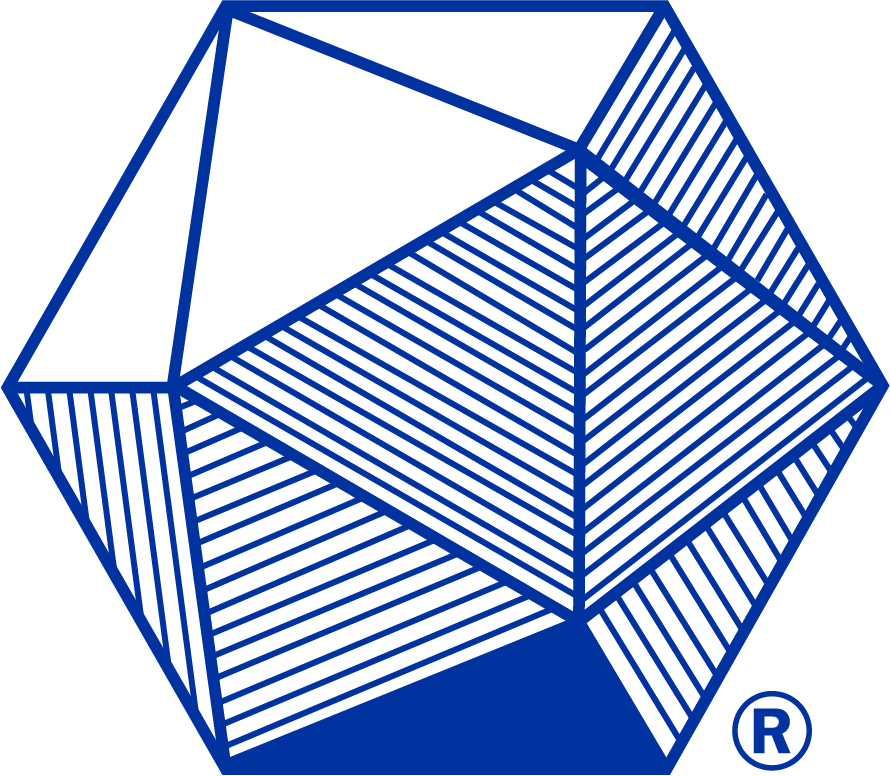Friday – Nov 1
Location: Friends Hall, Room 309
-
- Time:
- 2:00 pm – 5:00 pm
- Title:
- Workshop: Beyond p<0.05: What should we teach about hypothesis testing?
- Speaker:
- Alison Gibbs, University of Toronto
Abstract
The realization that many scientific studies cannot be replicated has led to calls to retire statistical significance and a ban on P-values. For many years, our Statistics classrooms have too often incorporated a procedural approach to hypothesis testing, perhaps enhanced with some caveats about what P-values are not and what we should not do. But greater consideration of the development of broader statistical thinking, including how we ask questions, design studies, and collect data, may result in better practice and better understanding of what we can conclude from scientific studies. In this workshop we will discuss how we can engage students in considerations of the scientific and statistical issues that lead to appropriate conclusions and a deeper understanding of what P-values are, starting in students' first course in Statistics. We will work through some classroom-ready examples that illustrate problems with reproducibility, discuss possible reasons, and explore simulations to develop a deeper understanding of statistical testing, including the implications of small samples and p-hacking.All faculty members are welcome to attend. Participants are invited to bring a computer for some hands-on work.
Friday – Nov 1
Location: Taughannock Falls Room, Campus Center
-
- Time:
- 3:00 pm – 6:00 pm
- Title:
- Meetings of the Executive and Extended Executive Committees
Friday – Nov 1
Location: Emerson Suites, Campus Center
-
- Time:
- 6:00 pm – 7:00 pm
- Title:
- Social hour (cash bar) and Registration
-
- Time:
- 7:00 pm – 8:15 pm
- Title:
- Banquet
-
- Time:
- 8:15 pm – 9:15 pm
- Title:
- From the Banquet Table to Musical and Mathematical Spaces
- Speaker:
- Timothy Johnson, Ithaca College, School of Music
Abstract
We will use our seats at the banquet table to model musical scales, chords, and patterns based on mathematical properties. Some fundamental principles of basic music theory may be illuminated by means of a mathematical approach that begins with geometrical representations of musical constructs, for which a banquet table serves as an apt model. Familiar and less common scales, all basic triads and seventh chords, and even the distinctive arrangement of the white and black keys on the piano may be derived from mathematical properties that govern musical relationships, all of which can be observed from your seat at the table.Drawing on research in mathematical music theory, we will explore mathematical principles behind certain aspects of the diatonic (for example, the C major scale) and other collections. If time remains and we still have an appetite, we will attempt to construct a proof and explore some novel ways to organize musical space.
-
- Time:
- 9:30 pm – 10:30 pm
- Title:
- Math Game Night
- Speaker:
- Ryan Gantner, St. John Fisher College
Abstract
Ryan Gantner (St. John Fisher College) and the Student Program Committee will host an exciting night of games, including a round of trivia and a Pictionary tournament. All are welcome, with undergraduate students especially encouraged to participate. There will be camaraderie, mathematics, and prizes; stick around after the banquet!
Saturday – Nov 2
Location: Textor Lobby
-
- Time:
- 7:45 am – 8:30 am
- Title:
- Registration and Breakfast
Saturday – Nov 2
Location: Textor 102
-
- Time:
- 8:30 am – 8:40 am
- Title:
- Welcome Address
- Speaker:
- Dr. Melanie Stein, Dean of Humanities and Sciences, Ithaca College
-
- Time:
- 8:45 am – 9:30 am
- Title:
- Mi Camino - Transforming Collegiate Teaching of Mathematics - Con Compasion
- Speaker:
- Dr. Hortensia Soto, University of Northern Colorado
Abstract
Few collegiate mathematics faculty receive pedagogical training in the teaching and learning of mathematics as part of their graduate school experience. The need to improve retention in STEM fields, the call to better meet the needs of our under-represented students, and the fact that research indicates that student-centered learning benefits all students gave rise to my role in facilitating professional development as part of the PROMESAS-SSC project (US Department of Education, Title III, HSI STEM Grant#P031C160017). As part of this project, I engage the project fellows in rich tasks via student-centered learning that promotes a sense of community with an eye towards equity. In this presentation, I will describe this five-year project, engage the audience in some of the PD activities, and share ways in which the participants expressed their transformation. In addition, I propose that addressing equity in our classroom requires that we as faculty be exposed to both theoretical and practical work that can transform our teaching and our students' learning. Finally, I will advocate that creating a sense of community through compassion is the key to equitable teaching.
-
- Time:
- 9:40 am – 10:10 am
- Title:
- Business Meeting
-
- Time:
- 10:15 am – 11:00 am
- Title:
- Randolph Lecture: Navigating Whitewater: Preparing our Students for Unknown Challenges
- Speaker:
- Alison Gibbs, University of Toronto
Abstract
A world of changing technology, accelerating complexity, and disruptive innovations presents a challenge for how to prepare our students for lifelong success. In addition to an extensive base of knowledge and problem-solving strategies, our graduates need the ability to apply, adjust, and extend what they know in new environments and to new problems. These adaptive experts will be flexible, innovative, and continual learners, able to function effectively as the nature of their jobs and the way they work change. I will discuss the development of learners who are able to thrive in an unpredictable world, and pedagogical approaches to cultivate the development of adaptive expertise. I'll illustrate with some stories of learning experiences from an introductory data science course.
-
- Time:
- 11:05 am – 11:15 am
- Title:
- Group photo
Saturday – Nov 2
Location: Williams Hall
-
- Time:
- 11:15 am – 12:15 pm
- Title:
- Contributed, Special, and Student Sessions
Saturday – Nov 2
Location: Emerson Suites, Campus Center
-
- Time:
- 12:20 pm – 1:30 pm
- Title:
- Lunch
Saturday – Nov 2
Location: Williams Hall
-
- Time:
- 1:30 pm – 4:30 pm
- Title:
- Contributed, Special, and Student Sessions
Saturday – Nov 2
Location: Textor 102
-
- Time:
- 3:45 pm – 4:30 pm
- Title:
- Closing Keynote: On Pennies, McNuggets, Polynomials and How to Help the Government Save Money
- Speaker:
- Dr. Ricardo Conceicao, Gettysburg College
Abstract
In the 80's, McDonald's restaurants used to sell boxes containing 6, 9 or 20 chicken McNuggets. It was impossible to purchase exactly four or ten nuggets. What other exact numbers of nuggets were impossible to buy? The solution to this question is related to a classical problem in the frontier of number theory and discrete mathematics known as the Diophantine Frobenius Problem. In this talk we discuss how this famous problem connects the apparently random string of words in the title. Along the way, we will learn about some of its history, applications and generalizations. As an example, we show that it can be used to help the American government not only save $52.9 million yearly but also turn a modest profit.

